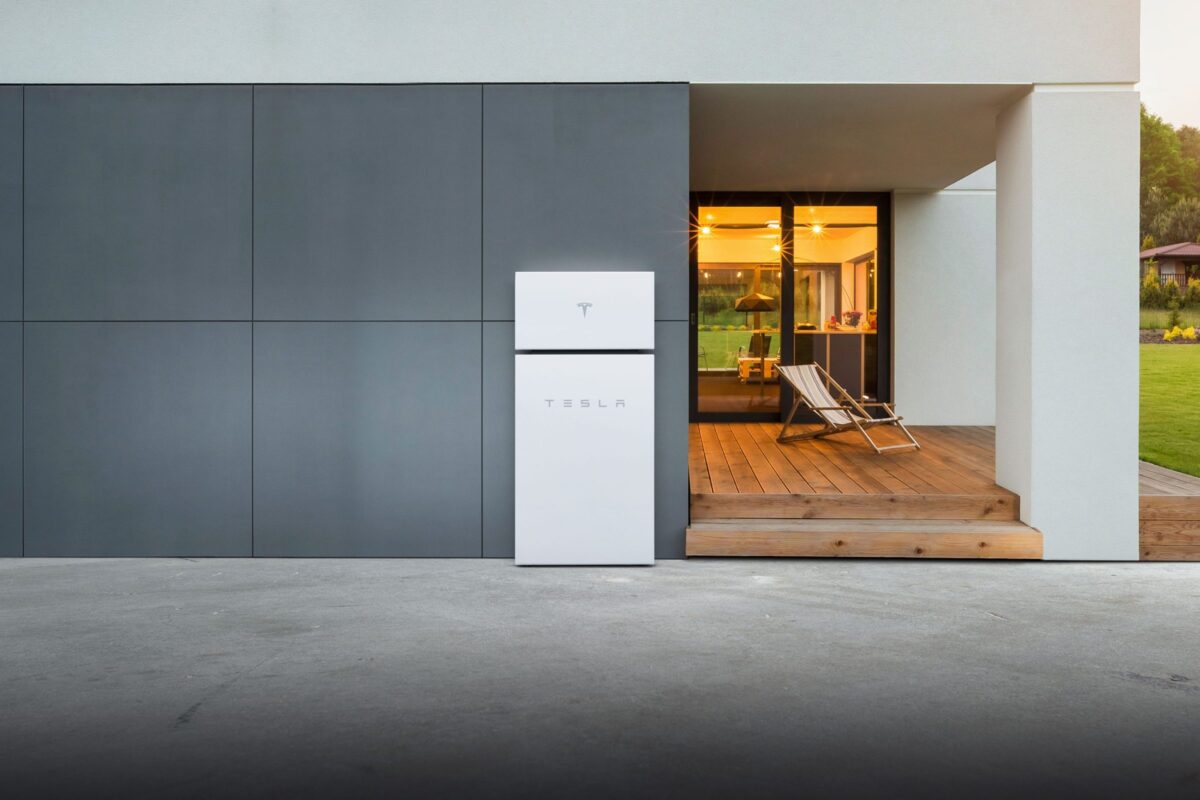ESPN has its 30 For 30 documentary series. Now one Michigan group is hoping to start a 30 by 30 campaign.
Clean Energy, Healthy Michigan (CEHM) has started collecting signatures to put a statutory ballot on the ballot in November that would require utilities in the state to produce 30% of their electricity from renewable resources by 2030.
The initiative, which will be examined by the Board of State Canvassers later today, would direct the legislature to extend the state’s renewable energy standard (RES) from its current 15% by 2021.
According to the proposed legislative language published on the CEHM website is designed to raise the RES by 3% every two years starting in 2022, meaning the RES would go to 18% in 2022, 21% in 2024 and so on until it reached the full rate in 2030.
To get on the November ballot, CEHM must collect at least valid 252,523 within six months of the ballot language being approved. If the canvassing board approves the language today, the group will need to get the signatures by August 12.
In 2012, a similar constitutional amendment – it would have raised the RES to 25% by 2025 – was handily defeated 62% to 38% after a concerted efforts by the state’s utilities to oppose it. Reports say that while clean-energy advocates spent $14 million trying to pass the 2012 version, while the utilities spent nearly double that amount.
Michigan’s current 15%-by-2022 RES was signed into law by Governor Rick Snyder in 2016, and an earlier version of the RES was adopted in 2015 under former Governor Jennifer Granholm and was set at 10% by 2015.
It is notable that if passed 30% would be the highest portion of renewable energy that any Midwestern state has aimed for (with the exception of Minnesota’s requirement for Xcel Energy but not other utilities), such a timeline is not ambitious compared to the 50% by 2030 mandates set in California and New York, let alone the much more aggressive policies in Vermont and Hawaii. Furthermore the policy would not actually increase the speed of the current RPS, only extend it after it expires.
The statutory ballot initiative comes amid significant upheaval in the Michigan solar industry. The state’s Public Service Commission (PSC) is considering changing net metering laws to make compensation a flat rate 5 cents below the retail electricity rate, and full recommendations will be released on April 20. Currently, solar customers are compensated for excess electricity at full retail rates, so the proposed changes would significantly change the economic case for installing solar for many homeowners and businesses.
Renewable energy advocates have also raised objections to Detroit-area utility DTE Energy’s plan to build an enormous natural gas plant without considering renewable alternatives, which they say would save ratepayers far more money. Advocates say DTE cherrypicked the evidence it used in its report arguing for the gas plant.
Finally, solar developer Cypress Creek Renewables has challenged Consumers Energy, another utility, about accusations Consumers has tried to circumvent the Public Utilities Regulatory Power Act of 1978 (PURPA).
Congress passed PURPA at the height of the 1978-1979 oil crisis, when Western nations like the United States tried to wean themselves off fossil fuels to counter a move by the Organization of the Petroleum Exporting Countries (OPEC) to raise oil prices significantly
Under PURPA, utilities are legally required to buy power from independent power producers (IPP) if it is below their cost of generation from other sources, also known as “avoided costs”.
This content is protected by copyright and may not be reused. If you want to cooperate with us and would like to reuse some of our content, please contact: editors@pv-magazine.com.








By submitting this form you agree to pv magazine using your data for the purposes of publishing your comment.
Your personal data will only be disclosed or otherwise transmitted to third parties for the purposes of spam filtering or if this is necessary for technical maintenance of the website. Any other transfer to third parties will not take place unless this is justified on the basis of applicable data protection regulations or if pv magazine is legally obliged to do so.
You may revoke this consent at any time with effect for the future, in which case your personal data will be deleted immediately. Otherwise, your data will be deleted if pv magazine has processed your request or the purpose of data storage is fulfilled.
Further information on data privacy can be found in our Data Protection Policy.